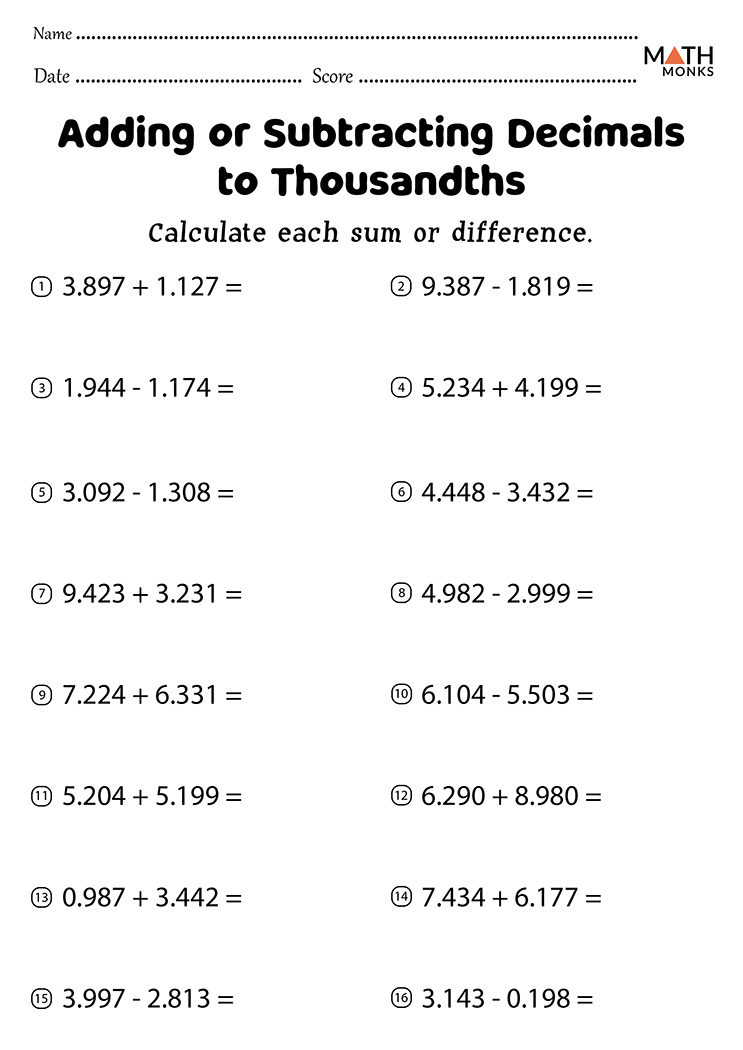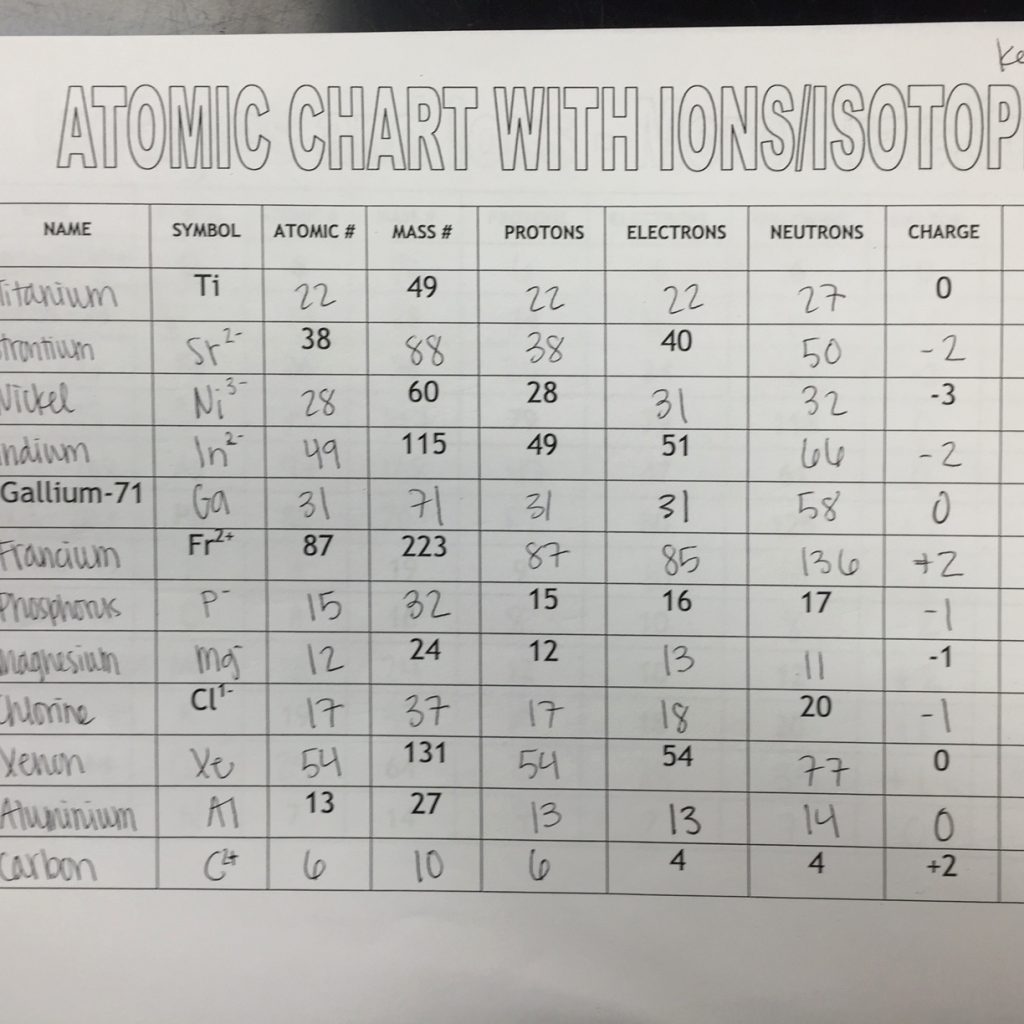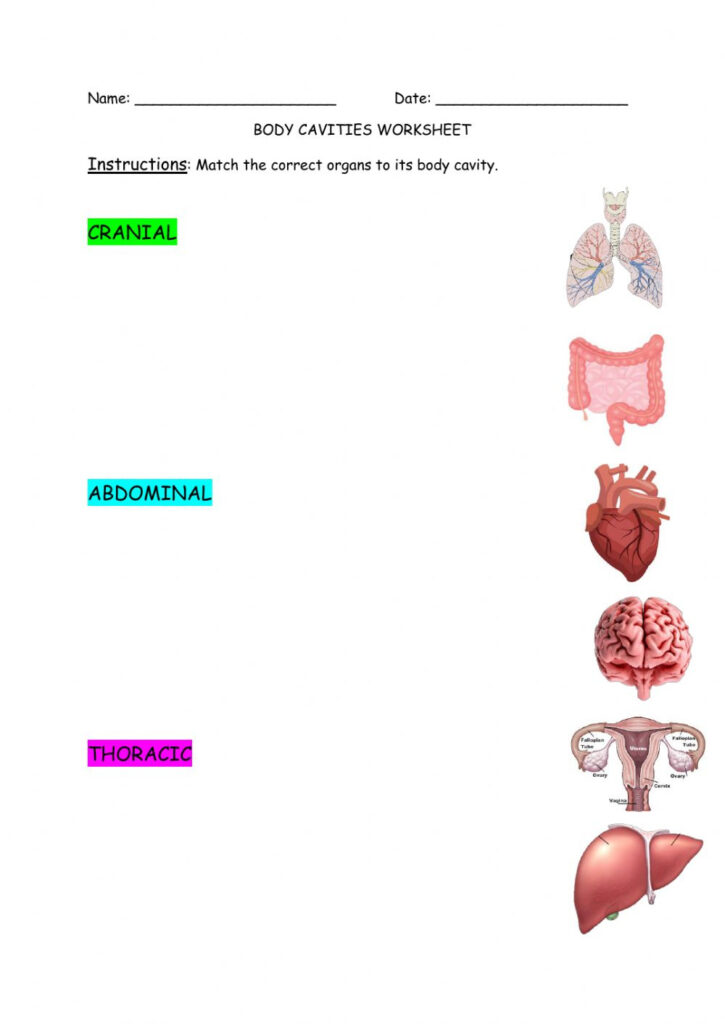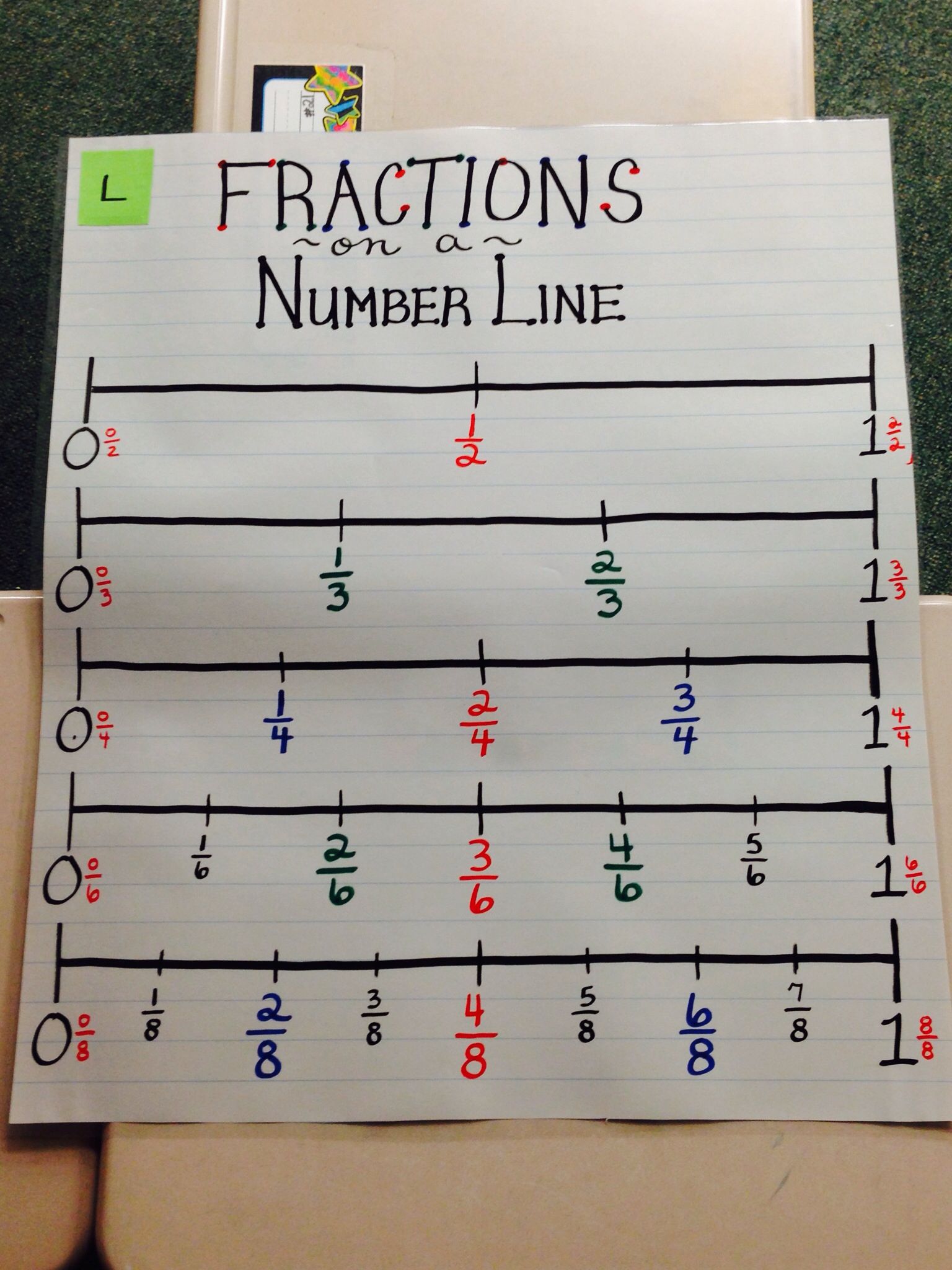Working the Al Anon 12 Steps with Worksheets
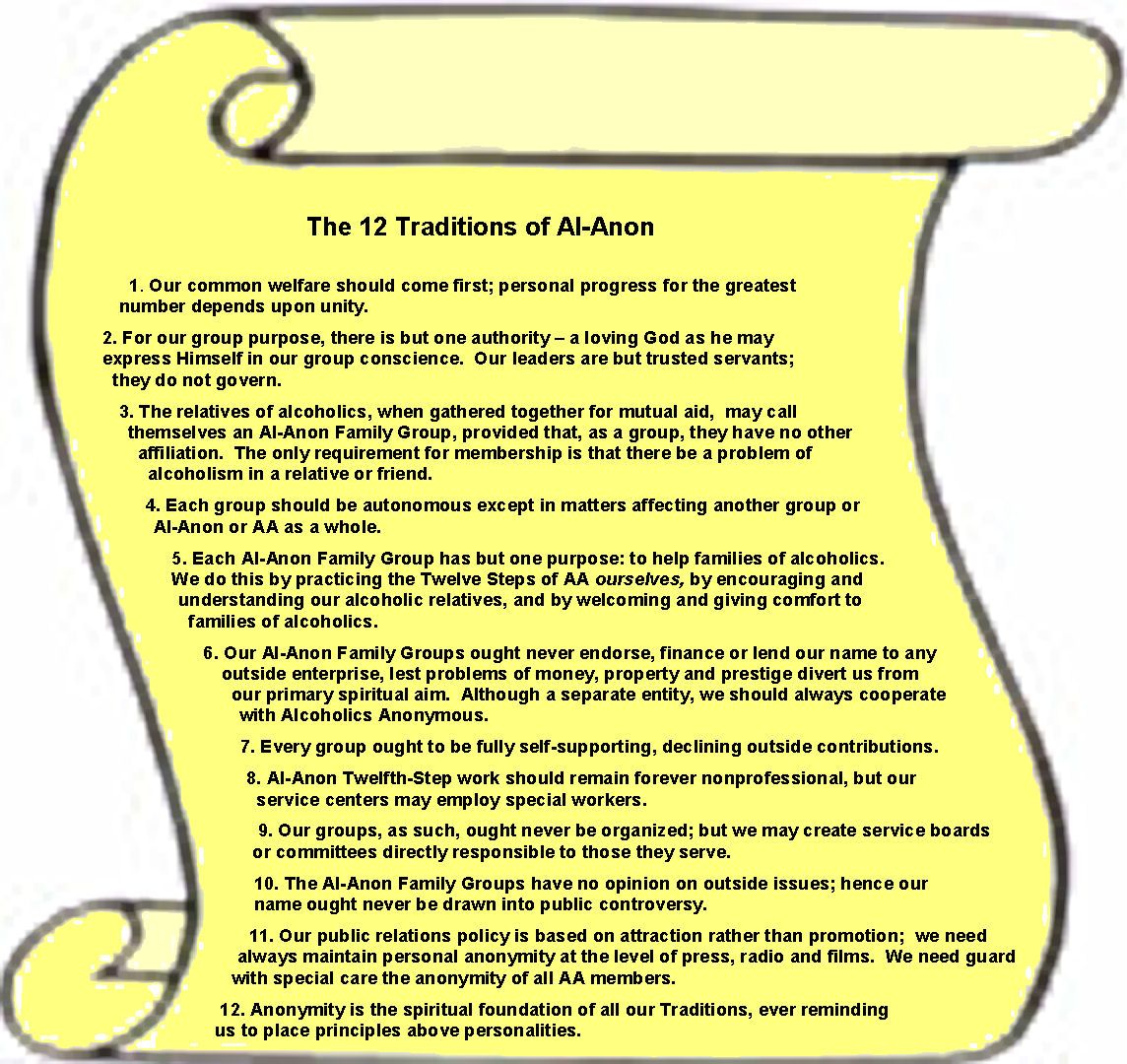
Understanding the Al Anon 12 Steps
The Al Anon 12 Steps are a spiritual program designed to help individuals who have been affected by someone else’s drinking or addiction. The program is based on the principles of the 12 Steps of Alcoholics Anonymous, but with a focus on the family and friends of addicts. The Al Anon program is not just for people who have a loved one struggling with addiction, but also for those who are struggling with their own codependency and enabling behaviors.
Why Work the Al Anon 12 Steps?
Working the Al Anon 12 Steps can be a powerful tool for personal growth and transformation. By working through the steps, individuals can:
- Develop a greater understanding of their own behaviors and motivations
- Learn to let go of their need to control others
- Develop healthy boundaries and communication skills
- Find peace and serenity, even in the midst of chaos
- Improve their relationships with others
The Al Anon 12 Steps
Here are the 12 Steps of Al Anon, along with a brief explanation of each step:
Step 1: We Admitted We Were Powerless Over Alcohol
- That our lives had become unmanageable.
- This step is about acknowledging that we are powerless to control our loved one’s addiction, and that our lives have become unmanageable as a result.
Step 2: Came to Believe
- That a Power Greater than Ourselves Could Restore Us to Sanity.
- This step is about developing faith that there is a higher power that can help us find peace and sanity, even in the midst of chaos.
Step 3: Made a Decision to Turn Our Will and Our Lives Over to the Care of God as We Understood Him
- This step is about surrendering our need to control others and our lives, and turning our will and lives over to a higher power.
Step 4: Made a Searching and Fearless Moral Inventory of Ourselves
- This step is about taking a close and honest look at our own behaviors and motivations, and identifying areas where we need to make changes.
Step 5: Admitted to God, to Ourselves, and to Another Human Being the Exact Nature of Our Wrongs
- This step is about being honest with ourselves and others about our mistakes and shortcomings.
Step 6: Were Entirely Ready to Have God Remove All These Defects of Character
- This step is about being willing to let go of our flaws and imperfections, and asking a higher power to help us become better people.
Step 7: Humbly Asked Him to Remove Our Shortcomings
- This step is about humbly asking a higher power to help us overcome our flaws and imperfections.
Step 8: Made a List of All Persons We Had Harmed, and Became Willing to Make Amends to Them All
- This step is about making a list of people we have harmed, and becoming willing to make amends to them.
Step 9: Made Direct Amends to Such People Wherever Possible, Except When to Do So Would Injure Them or Others
- This step is about making amends to people we have harmed, in a way that is respectful and responsible.
Step 10: Continued to Take Personal Inventory and When We Were Wrong Promptly Admitted It
- This step is about continuing to take an honest look at ourselves and our behaviors, and being willing to admit when we are wrong.
Step 11: Sought Through Prayer and Meditation to Improve Our Conscious Contact with God as We Understood Him
- This step is about seeking to deepen our spiritual connection with a higher power through prayer and meditation.
Step 12: Having Had a Spiritual Awakening as the Result of These Steps, We Tried to Carry This Message to Others
- This step is about sharing our experiences and insights with others, in the hopes of helping them find peace and recovery.
Working the Al Anon 12 Steps with Worksheets
Here are some sample worksheets that can be used to work through the Al Anon 12 Steps:
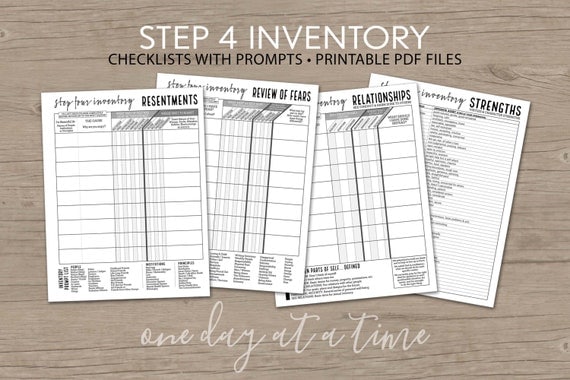
| Step | Worksheet | Description |
|---|---|---|
| 1 | Powerlessness Worksheet | Identify areas where you feel powerless in your life. |
| 2 | Faith Building Worksheet | Write about times when you felt a sense of faith or connection to a higher power. |
| 3 | Surrender Worksheet | Write about what you are willing to surrender to a higher power. |
| 4 | Moral Inventory Worksheet | Take an honest look at your behaviors and motivations. |
| 5 | Honesty Worksheet | Write about times when you were dishonest with yourself or others. |
| 6 | Defects of Character Worksheet | Identify areas where you would like to improve yourself. |
| 7 | Humility Worksheet | Write about times when you felt humble or willing to ask for help. |
| 8 | Harm Worksheet | Make a list of people you have harmed and how you can make amends. |
| 9 | Amends Worksheet | Write about how you can make amends to people you have harmed. |
| 10 | Personal Inventory Worksheet | Take an honest look at your behaviors and motivations on a regular basis. |
| 11 | Spiritual Connection Worksheet | Write about how you can deepen your spiritual connection with a higher power. |
| 12 | Carrying the Message Worksheet | Write about how you can share your experiences and insights with others. |
Example Worksheet:
Step 4: Made a Searching and Fearless Moral Inventory of Ourselves
- Take a close and honest look at your behaviors and motivations. Identify areas where you need to make changes.
- Write about the following:
- Your strengths and weaknesses
- Your motivations and goals
- Your relationships with others
- Your attitudes and behaviors
- Be honest with yourself and try to identify patterns or areas where you need to improve.
Notes
- Working the Al Anon 12 Steps is a process that takes time and effort.
- Be patient and kind to yourself as you work through the steps.
- Remember that the goal of working the steps is to find peace and recovery, not to fix someone else’s addiction.
Working the Al Anon 12 Steps can be a powerful tool for personal growth and transformation. By using worksheets and taking an honest look at ourselves and our behaviors, we can develop a greater understanding of our own motivations and flaws, and learn to let go of our need to control others.
